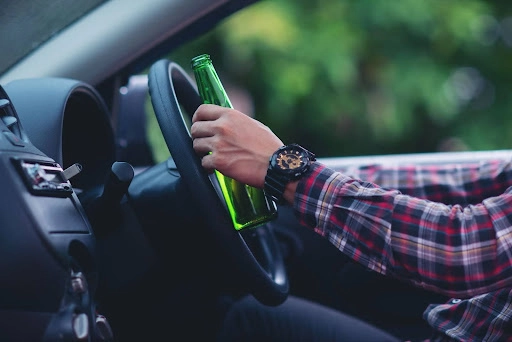
Carmel Drunk Driving Accident Lawyer
Every impaired-driving crash tells a story — the driver’s choices, the road conditions, and the split-second reactions that change someone’s life. At Christie Bell & Marshall, our attorneys move quickly to secure that story before it fades. From the first call, your Carmel attorney works to collect crash reports, secure bodycam and 911 audio, and identify witnesses whose statements can anchor liability.
We handle these cases daily under Indiana’s OWI laws and know what evidence insurers take seriously when a drunk driver causes injury. To see how preparation leads to results, we invite you to explore our case results and schedule a complimentary consultation to discuss your unique situation.












